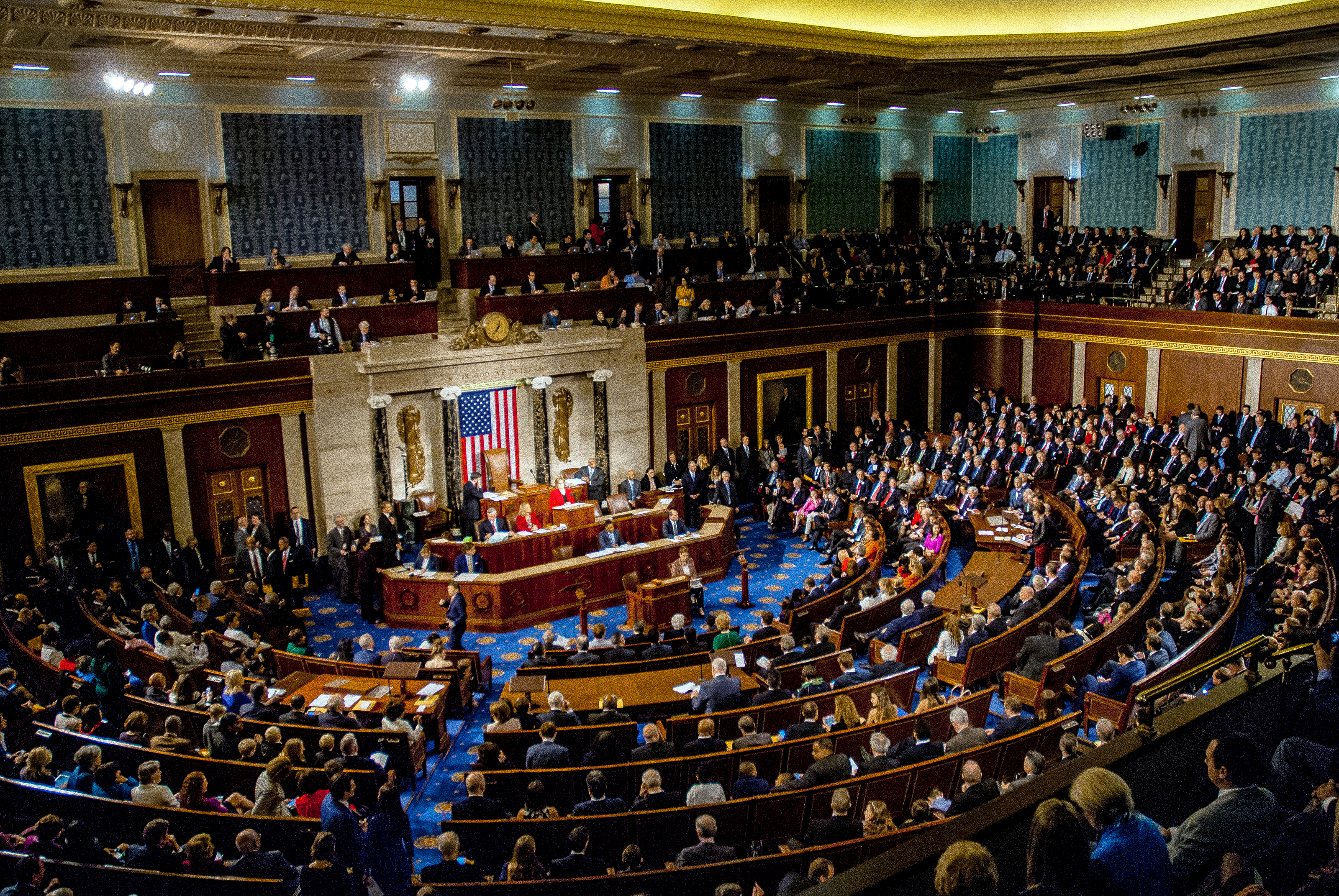
By: Derek Gimbel and Geoff Garber
The Senate Finance Committee Chairman Ron Wyden (D-Ore.) and House Ways and Means Committee Chairman Jason Smith (R-Mo.) recently announced a bipartisan agreement on a tax package which, if passed, will reinstate several valuable deductions for business entities and broaden the Section 24 Child Tax Credit. The package, known as the Tax Relief for Families and Workers Act of 2024, was approved by the House Ways & Means Committee on January 19 in a 40-3 vote, paving the way for a floor vote. Speaker Mike Johnson said Monday that the $78 million bipartisan bill might go to the floor as early as this week, and possibly under a suspension of the rules, which would complicate the process and has already received some pushback. The House Republican Conference discussed the bill yesterday morning, and House leadership was checking with Members yesterday afternoon.
The package is seen as a comprise between tax objectives on both sides of the aisle. The package’s extension of several provisions from the Tax Cuts and Jobs Act of 2017 (TCJA), such as 100% Bonus Depreciation and increased interest deductions, provide a win from the Republican point of view, while the expansion of the Child Tax Credit serves a longstanding interest of Democrat lawmakers. The package also includes several provisions that have received significant bipartisan support but have been awaiting an appropriate legislative “vehicle” for enactment. For example, the package restores the immediate expensing option for R&D expenses under Section 174 and includes a comprehensive tax treaty with Taiwan. To offset losses from these taxpayer-favorable provisions, the package will eliminate the opportunity to claim the Employee Retention Tax Credit (ERC) after January 31, 2024. The following sections summarize the major changes provided by the tax package under consideration.
Legislative “Fix” for Capitalization of Research & Experimentation Expenditures:
The package restores the immediate expensing option for research & experimentation expenditures under Section 174 through the end of 2025. These changes would apply retroactively to tax year 2022. This long-awaited legislative “fix” to the Section 174 mandatory capitalization issue will provide crucial tax relief to companies in the R&D sector. However, this solution merely kicks the can down the road, as mandatory capitalization will return come 2026 without further action by Congress. Overall, this fix is a win for taxpayers involved in R&D activity, albeit only a temporary one.
Extension of 100% Bonus Depreciation:
The package reintroduces 100-percent bonus depreciation for short-lived assets, a popular provision from the TCJA that was set to enter a phase-out schedule starting in tax year 2023. The TCJA allowed businesses to immediately expense the cost of short-lived assets from the fourth quarter of 2017 through the end of tax year 2022. Businesses would only be allowed to deduct 80% of such expenses in 2023, 60% in 2024, and so on, under the TCJA’s phaseout schedule. The package would delay the phaseout until 2026, extending 100-percent bonus depreciation through the end of 2025. The amendments would apply retroactively to investments made in 2023.
Temporary Increases to the Child Tax Credit:
The package would introduce several amendments to expand the Child Tax Credit under Section 24. These amendments include adjusting the maximum credit amount for inflation and increasing the limit on refundability of the credit for low-income taxpayers. The amendments would expire after tax year 2025.
Elimination of ERC Claims:
To help offset taxpayer favorable provisions, the package will eliminate claims that have not been filed by the end of this month. Under the current law, businesses affected by the pandemic can claim the ERC on an amended return through April 15, 2024 for 2020 claims and April 15, 2025 for 2021 claims. This legislation would move this cutoff date up to January 31, 2024. ERC claims that have already been submitted will be unaffected by the package.
The legislation has significant bipartisan support and is important enough that it could be voted on and passed without a larger spending bill as a vehicle. BRAYN will continue to monitor this legislation and keep our clients and CPAs informed on the impacts.
CONNECT WITH US